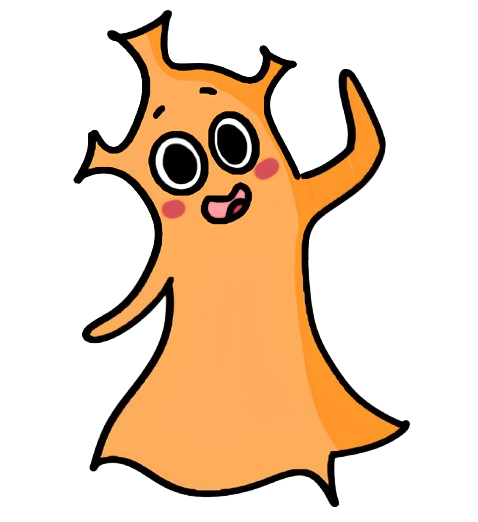
OCEANA : program validation
Our questions:
The ability to detect a state of stress, of lack of attention or of emotional overload is not inborn, you need to learn how to do it. To improve it, children first need to be able to perceive such states.
The OCEANA team is interested in the ability to transfer this knowledge, i.e. can children be autonomous in the regulation of their mental states?
To test that, we try to answer multiple questions:
- First, we will investigate whether children benefit from the use of Charlotte Cherel’s objects. Can the use of these objects facilitate the autonomous practice of attentive attendance exercises? In other words, can children detect that they need to calm down/get back in control, and will they use the objects in relaxation exercises out of their own initiative? (more often with objects than without)
We will test children’s usage of Charlotte Cherel’s objects in volunteering classes. We will ask these classes to use the objects every other week. With daily questionnaire, we will look at how often they practice attentive attendance exercises with and without the objects. - Second, we will test the teaching kit designed by Cogni’Junior. How does the perception of emotions, stress, and focus in children change after teaching the theory about the brain and after doing exercises to learn how to regulate these mental states? Which factors contribute to a better detection of these mental states?
To test this, we will use questionnaires that are validated by multiple cognitive psychology studies. These questionnaires measure children’s ability to perceive and regulate emotions; their own tendency to be emotional or stressed and how easy it is for them to concentrate. These questionnaires will be done before and after the use of the teaching kit to compare the change in answers. We will combine it with information from the regular questionnaires to get longitudinal information about our sample and examine if the evolution of mental states is linked to the evolution of school performance and motivation.
Questionnaires :
- 5 questionnaires to be completed 3 times: before the onset of teaching, after the completion of the teaching activities and a few months after the teaching has finished (to verify if the change persists).
-
self-compassion questionnaire [stress/emotion regulation]: 12 questions
-
-
-
mind-wandering [concentration], the only one created by the OCEANA team; this questionnaire is yet to be validated: 11 questions
-
-
- regular questionnaire: this questionnaire will be realized as often as possible, after any type of school activity. It enables testing of the association between mood, motivation, focus, mind-wandering, curiosity and stress as well as the efficacy of exercises/tips learned through the OCEANA teaching kit.
For example, a child that doesn’t like maths may evaluate math activities as difficult and might tend to experience stress and let his/her mind wander more. We could imagine that later, after the teaching of OCEANA, math will still be rated as difficult but the child will try to keep more focus and will put more effort into the tasks. - User questionnaires: filled in whenever the teachers (or children) want to give us comments, feedback, and ideas for improving the kit.



